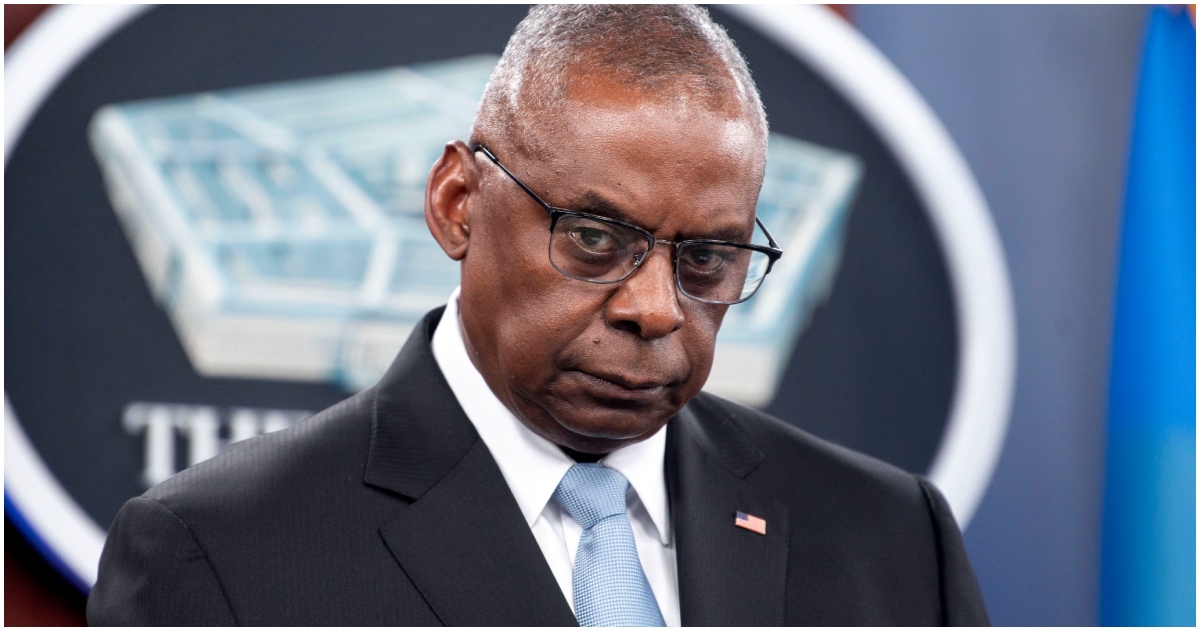Defense Secretary Lloyd Austin recently ended his historic tenure. Serving as the first Black Pentagon chief, his term witnessed major challenges like the Afghanistan withdrawal and milestones such as strengthening the U.S. military and rallying global support for Ukraine.
Strengthening NATO and Leading Support for Ukraine
Austin played a key role in creating the Ukraine Defense Contact Group. This coalition of over 50 nations provided Ukraine with $126 billion in weapons and training. It was a significant response to Russian aggression and showcased Austin’s ability to rally global allies.
In his farewell remarks, Austin highlighted the coalition’s success, stating, “We’ve led a NATO alliance that is stronger, larger, and more united than ever.” His leadership during this crisis underscored the importance of U.S. military partnerships worldwide.
Navigating the Afghanistan Withdrawal
The Afghanistan withdrawal in 2021 was one of the most difficult periods during Austin’s tenure. The rapid collapse of the Afghan government led to chaos, culminating in the evacuation of 124,000 people in just 17 days. Tragically, 13 U.S. service members and 170 Afghans lost their lives during the operation.
This event left a lasting mark on veterans and citizens alike. Reflecting on the aftermath, Austin acknowledged the loss of progress in women’s rights under the Taliban, stating, “We’ll just have to continue to work on those things.”
Responding to Middle Eastern Conflicts
Austin also managed crises in the Middle East. After Hamas launched attacks on Israel in 2023, he deployed two U.S. aircraft carriers to the region. This swift response helped curb escalations and supported U.S. allies amid growing tensions.
The U.S. Navy faced its most intense sea battle since World War II, combating drones and ballistic missiles fired by Iranian-backed groups. Austin lauded the U.S. efforts, emphasizing their impact in preventing a broader conflict in the region.
Austin’s Leadership and Challenges
Throughout his tenure, Austin emphasized the importance of diversity and inclusion in the military. Responding to critics, he stated, “We don’t lower our standards for our recruits. Those who want to join must raise their game.”
However, his time as defense secretary was not without personal struggles. Austin’s private battle with prostate cancer became a public issue when he failed to notify Congress or the White House about complications from his treatment. The incident led to changes in communication protocols within the Pentagon.
A Legacy of Dedication and Resilience
Austin retired from the military in 2016 after 41 years of service, including earning a Silver Star for his leadership during the 2003 Iraq invasion. Returning as defense secretary in 2021, he led during a global pandemic, political divisions, and multiple global crises.
In his parting words, Austin expressed pride in his team and the nation’s military. “We’ve stood up to our rivals, weakened our foes, and strengthened our friends,” he said. His legacy reflects resilience, leadership, and a commitment to advancing U.S. military strength.





